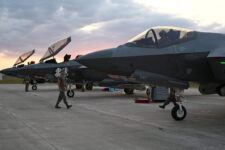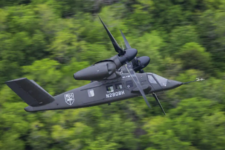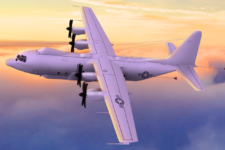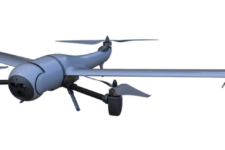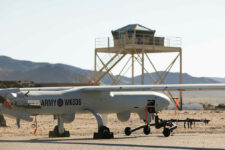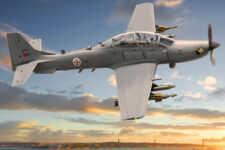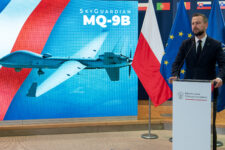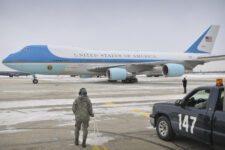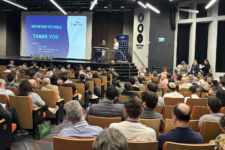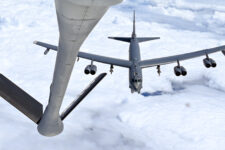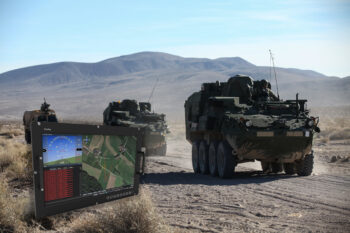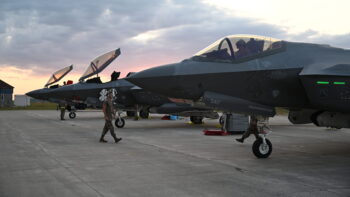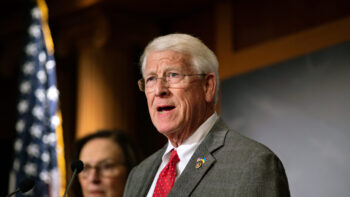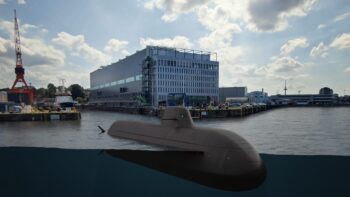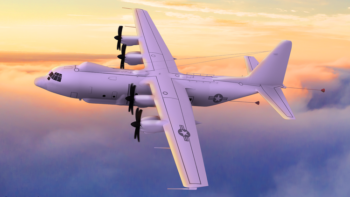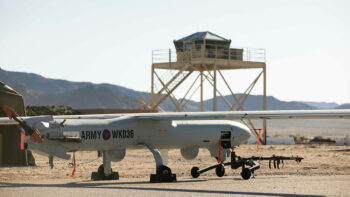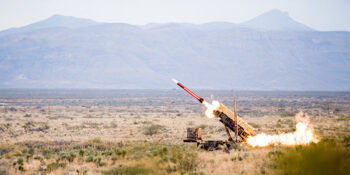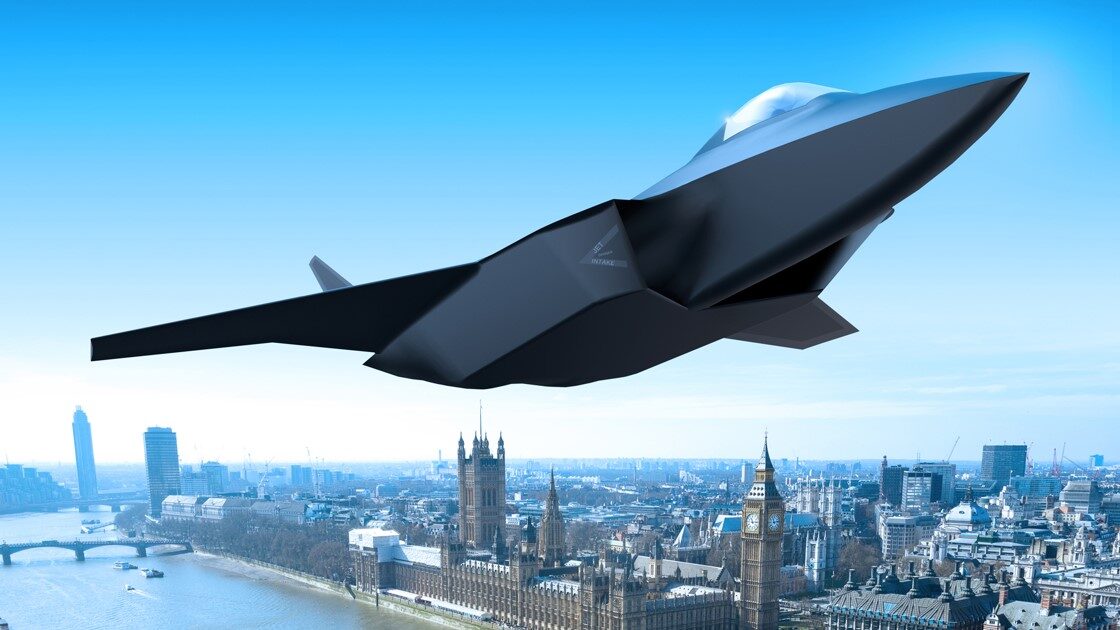
An artist’s impression of the UK-Japanese-Italian Global Combat Air Programme fighter jet (BAE Systems)
WASHINGTON — The Global Combat Air Programme (GCAP) partners of Italy, Japan and the United Kingdom have signed a new treaty that will now be sent to their elected representatives for approval, the partners announced today, while also revealing some new details about how the program is to be structured.
The treaty’s signing in Tokyo was announced alongside, for instance, the formal selection of the UK to host the partnership’s headquarters, though a specific location was not disclosed in a UK Ministry of Defence press release. The program plans to launch its development phase in 2025 and is aiming to start deliveries a full decade later in 2035.
A Japanese official will serve as the program’s first chief executive officer, the release says, and an Italian official will be tapped as the first leader of a separate “joint business construct” that will also be headquartered in the UK. It appears the leadership of each structure will rotate between the partner countries, details which were previously reported by Reuters.
“Our world-leading combat aircraft programme aims to be crucial to global security and we continue to make hugely positive progress toward delivery of the new jets to our respective air forces in 2035,” UK Defence Secretary Grant Shapps said in a statement.
“The UK-based headquarters will also see us make important decisions collaboratively and at pace, working with our close partners Italy and Japan, and our impressive defence industries, to deliver an outstanding aircraft,” he added.
The announcement of the treaty’s signing and partnership’s headquarters comes almost exactly one full year after the GCAP partnership was formally unveiled, which merged a joint program between the UK and Italy with a separate Japanese effort. The program will see industries of the three countries collaborate on the aircraft’s design and contribute to its eventual production.
Though limited to the three countries for now, the GCAP partnership could expand. One British official recently told Breaking Defense they expect Saudi Arabia would join GCAP “in due course,” though the Japanese government reportedly opposes the Gulf monarchy’s bid.
GCAP is one of several sixth-gen fighter aircraft programs in the West. In Europe, the Future Combat Aircraft System (FCAS) effort — composed of France, Germany and Spain, with Belgium planning to join and other partners like Sweden seen as potential newcomers — is set to select a fighter design for the program by 2025.
Characterized by disputes between Berlin and Paris, the eventual FCAS fighter that is expected to field by 2040 appears to be behind that of the one under development by the GCAP partnership. Yet those two programs are likely further behind the United States, which plans to award a winning design for its Next Generation Air Dominance (NGAD) fighter by next year and enter it into service by 2030.
‘Not a warfighter’: Air Force secretary hits back at Musk comments on canceling manned fighters
The Pentagon should continue to buy and upgrade the Lockheed Martin F-35, Frank Kendall said today, while underscoring that “better performance” is needed from the stealth jet’s manufacturer.
